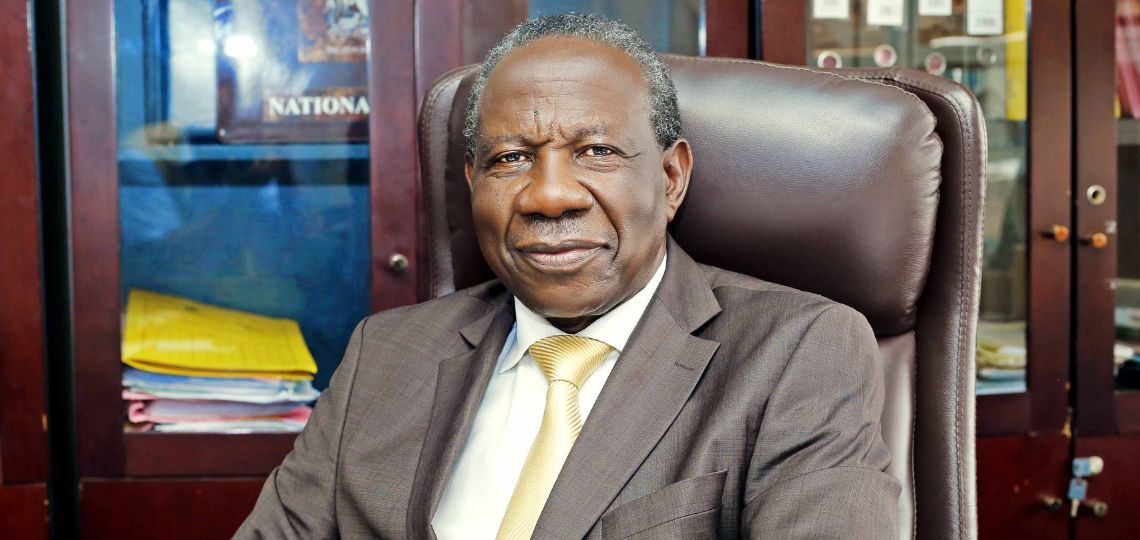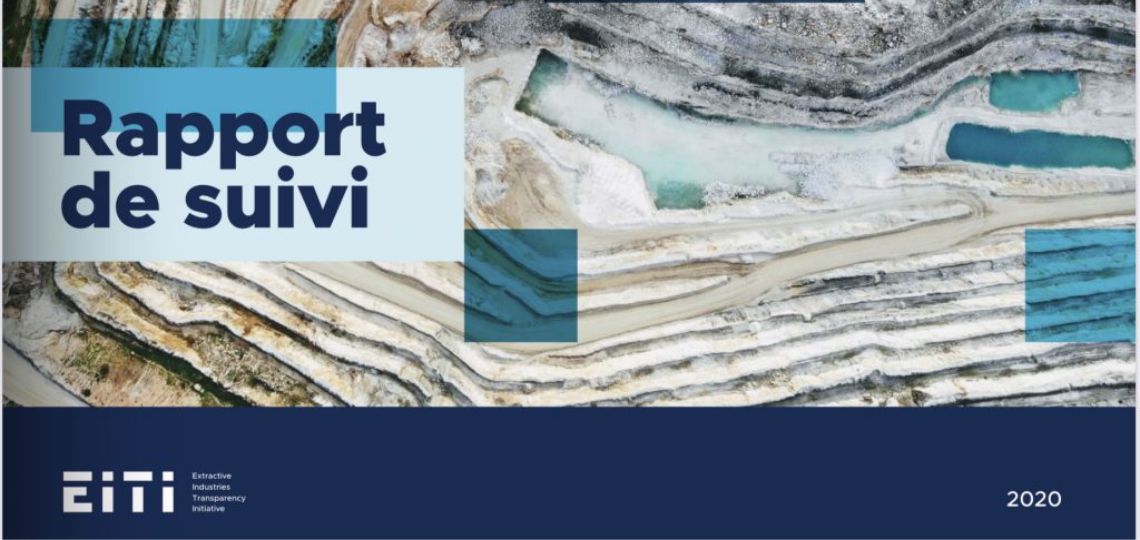EITI, the Extractive Industries Transparency Initiative, celebrated its 17ᵉ anniversary this year. Inaugurated in 2003, this initiative aims to promote transparency of information across the extractive value chain. Its aim is to reduce the risks of corruption and poor governance in this sector. Extraction is a particularly vulnerable industry to fraud and misappropriation of public funds.
This often leads to mismanagement of resources and endemic corruption in the states concerned. Some economists even refer to this type of phenomenon as the “resource curse”. This problem is particularly prevalent in Africa, in both the oil and mining sectors. In Angola, for example, it is estimated that several billion dollars in public funds have been embezzled by President Santos’ family.
In this context, the EITI represents a major step forward in international transparency and the fight against illicit flows. However, its track record has been disputed since its implementation in 2003. While many experts applaud the transparency efforts undertaken, others are more skeptical about the real scope of this initiative. So, 17 years after its creation, what assessment can be made of EITI worldwide?
EITI: a standard that is constantly evolving worldwide
Since its creation, EITI has been promoting its transparency rules worldwide. The aim is to make the initiative an internationally recognized and binding standard for the sector. So far, with 55 member countries from every continent, this objective has been partially achieved. Many of these countries are African, reflecting a real awareness of the importance of transparency.
The organization even boasts impressive figures for monitoring financial flows. Nearly $3 trillion has been covered by the EITI standard since its inception. More than 800 civil society organizations are also involved in the initiative, along with nearly 60 companies in the extractive sector. This success is also supported by major international organizations such as the G20 and the IMF.

For the latter, cooperation is envisaged to make the EITI criteria a condition of the aid provided to States. The organization thus directly assists the fund in its recommendations to producer countries. In the future, this could have a significant impact on the extractive sector, as it accompanies the globalization of transparency standards.
Unfortunately, for the time being, international recognition of EITI standards is still hampered by a number of heavyweights in the sector. The countries of the Middle East and North Africa, with the notable exception of Iraq, are not part of the organization. Yet these countries account for a significant percentage of the world’s extraction capacity. Similarly, neither China nor Russia is considering integration at this stage.
EITI: a limited improvement in the transparency of the extractive industries
To promote its internationalization, EITI can count on a number of successes in terms of transparency. In all member states, there has been a marked improvement in auditing and financial reporting controls. Studies by the University of Sussex have also shown positive environmental effects.
But it is above all in financial terms that progress has been most spectacular. In Nigeria, for example, EITI has enabled the government to recover nearly $2.5 billion in royalties. In Zambia, almost 874 operating licenses have been cancelled for failure to comply with EITI standards.
Yet this improvement in transparency remains limited. In fact, the actions undertaken do not impose any transparency constraints on national governments. Yet it is at this level of governance that the majority of corruption cases are found. In the Democratic Republic of Congo (DRC), for example, EITI membership has done absolutely nothing to curb the organized corruption of the Kabila regime.
EITI: a mixed record in terms of public debate
To combat corruption at government level, EITI’s promoters were counting on the mobilization of civil society. When it was set up, the organization’s aim was to encourage public debate and raise awareness among local populations. This public debate was even seen as a sine qua non for the emergence of societal accountability.
So far, however, the results in this area have been extremely mixed. On the one hand, some companies have really benefited from the transparency of information to launch a genuine democratic debate. In Nigeria, for example, the implementation of EITI standards has reinforced demands for reform of the oil sector. In Latin America, these standards are also helping to improve dialogue between companies and indigenous communities.
On the other hand, for many countries, the adoption of EITI standards has not advanced the public debate. Countries such as Kazakhstan and the DRC are characterized by the weakness of their democratic debate. In reality, the importance of the latter depends largely on the strength of civil societies. In countries at war or under dictatorship, the absence of civil society considerably limits public debate.
Since 2003, the EITI balance sheet can be seen as a glass half-full or half-empty. On the one hand, the organization has succeeded in promoting an internationally applicable standard of transparency for extractive activities. On the other hand, its adoption remains limited due to the absence of any real constraints on governments.























